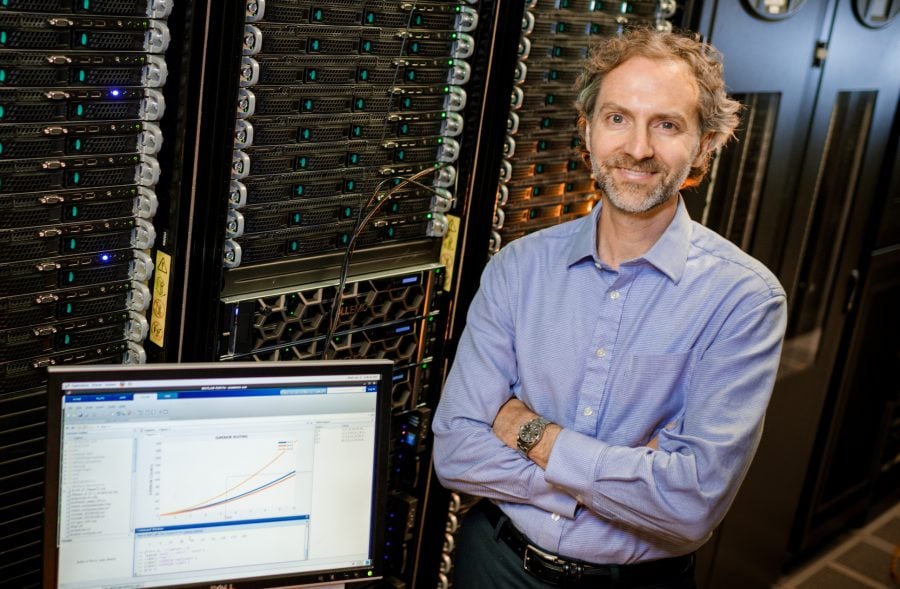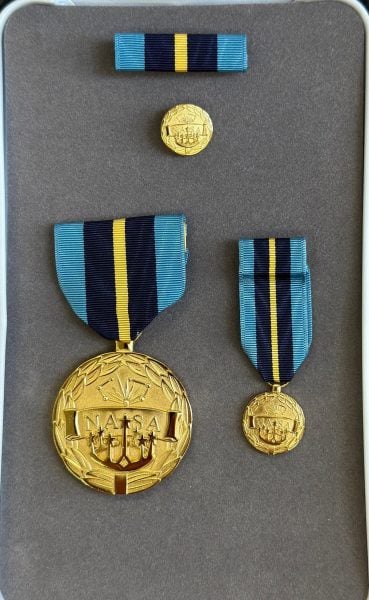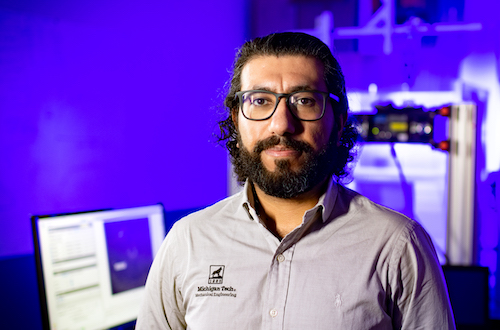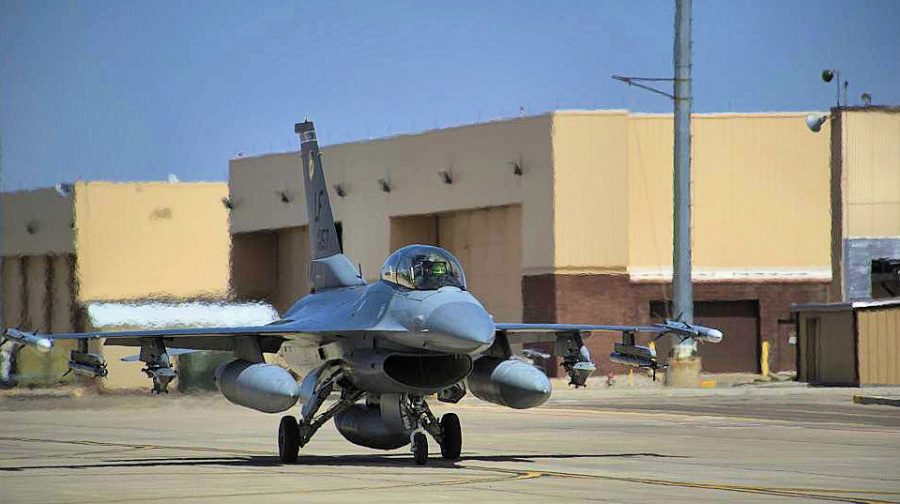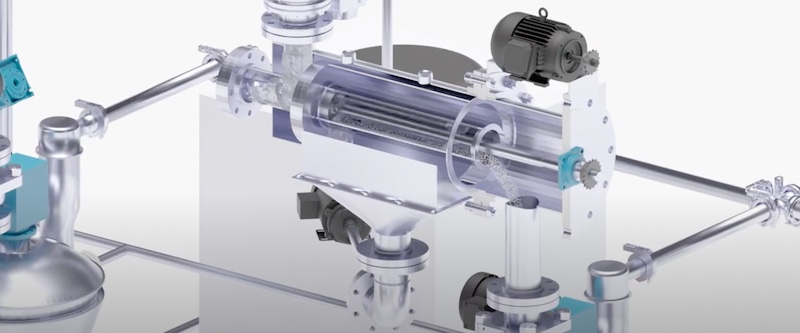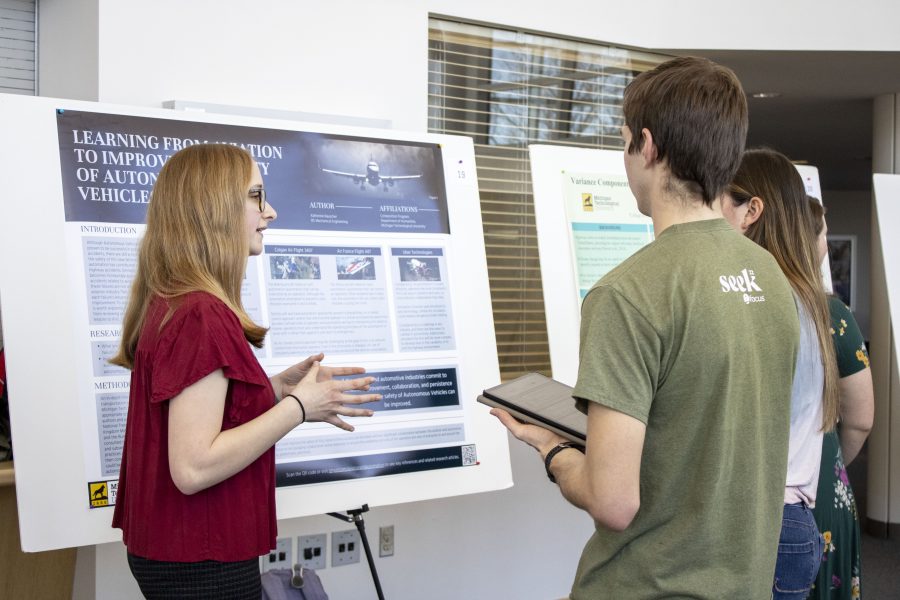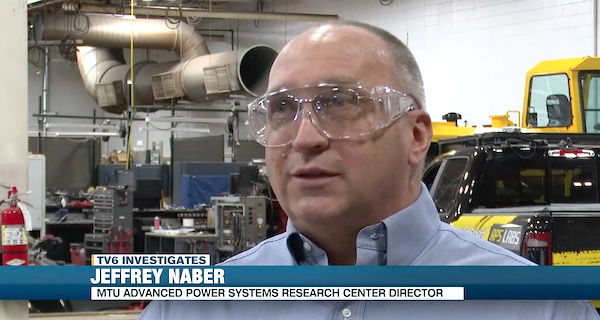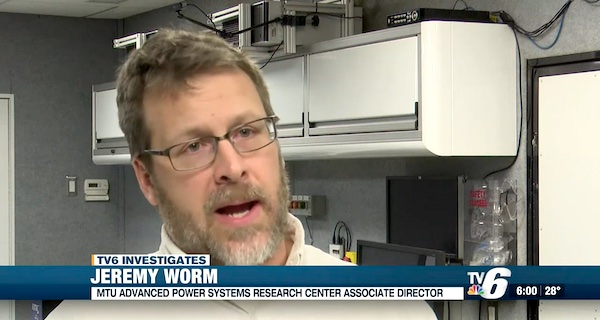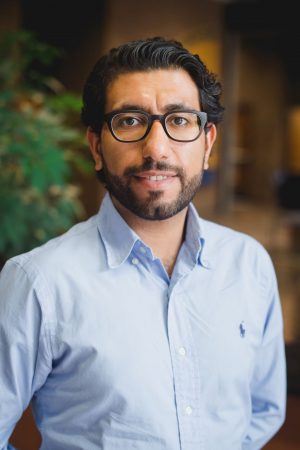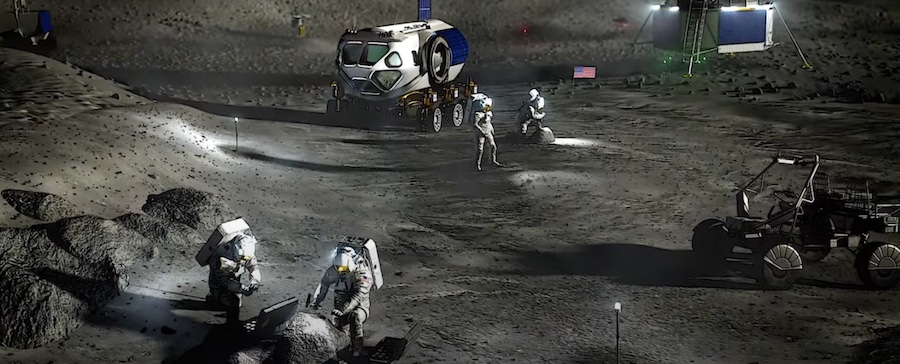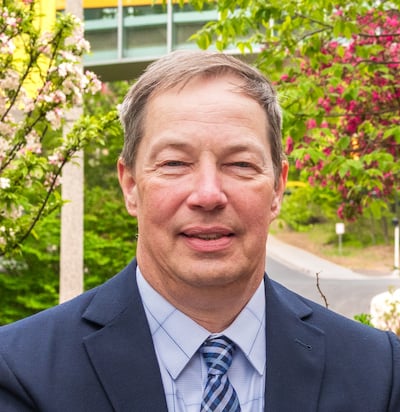Assistant Professor Paul van Susante (ME-EM/MARC) and the Planetary Surface Technology Development Lab, aka HuskyWorks, advanced to the “final four” in Phase 2 of NASA’s Watts on the Moon Challenge. Through this challenge, NASA seeks to partner with a broader community of experts to augment its investments in power generation.
The first competition phase started in September 2020 and included 60 eligible teams, from which seven winners were chosen. Winners in each phase receive equal shares of a prize purse, used to fuel the development of ideas for building energy infrastructures on the Moon.
“As we tread new ground in exploration, we’ll need to draw on creativity across the nation. The technologies created through Watts on the Moon are one example, with new perspectives helping us address a crucial technology gap.”
Building on previous success, the team will use the current $400,000 prize to refine their Phase 2, Level 3 prototype and test it under a simulated lunar environment (vacuum chamber) at NASA facilities in 2024. Up to two teams at this level will receive awards: The first-place team will be awarded $1 million, and second place will be awarded $500,000. Winners are expected to be announced in September, 2024.
You can learn more about the challenge by visiting NASA’s Watts on the Moon fact sheet. For more details on Dr. van Susante’s lab capabilities, visit the PSTDL’s Facilities page.


